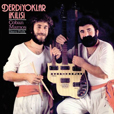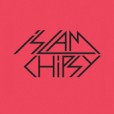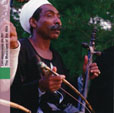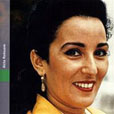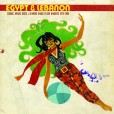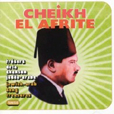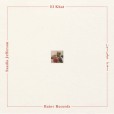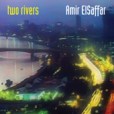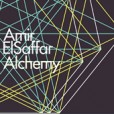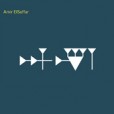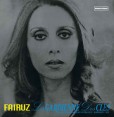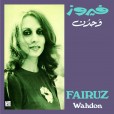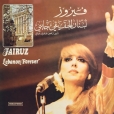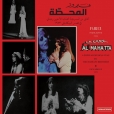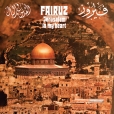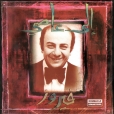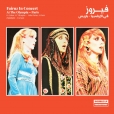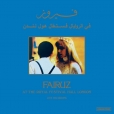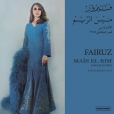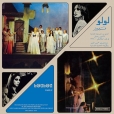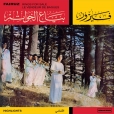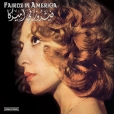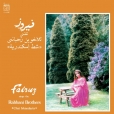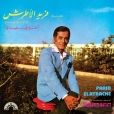Your basket is empty

A ton of drunk people stomping about in a circle to the frenetic, overdubbed, distorted sound of electric saz, synthesized drums, cimbalom, and sheep sound effects: yep, Bengi Folk, Derdiyoklar-style.
An invigorating sampling of the prodigious output of this joint in Matariya, Cairo. Mahragan, or electro-shaabi, stripped down Sardena-style: auto-tuned, maxed-out vocals, thumping beats, synths, wild effects.
Hotly recommended! Islam Chipsy’s debut studio album, recorded late last year in downtown Cairo. Four jolts of wild creativity and pure exhilaration — the trolleying frenzy of Trinity and Kahraba sandwiching his inimitable readings of the Egyptian standards Simsimiyya (from the north-eastern Nile delta) and Mouled Saidi (from Upper Egypt).
Epic poetry wrapped up in the rabab viol (a coconut shell covered with fish skin, with a long, spiked handle, two horsehair strings), the vertical suffara flute, the arghul double clarinet, droning and melodious.
Intense Moroccan singer improvisatorially lighting up the rare, refined nineteenth century wasla style, in suite form, with chamber orchestra — qanun zither, ud lute, kaman violin and riqq percussion.
The ‘little devil’ was born in Tunis in 1884 to a Libyan mother and Moroccan dad. The first half of the twentieth century was a golden era in Tunisian music; Cheikh El Afrite its most celebrated artist. As a youngster he became fluent in its mix of classical Arab-Andalous and Ottoman traditions with folk idioms like bedouin and other African melodies, fondo and fezzani, and the festive tripolitain music of Libya. Turning professional at eighteen, he was soon singing for the bey every Tuesday night, at his seaside palace in Hammam Lif. Later, his recordings made him star throughout the Maghreb.
Raw, rocking cannibalisations of Yemeni folk — with dashes of dabke, trance and Mulatu Astatke — at moments using junk made to sound like age-old lutes and percussion.
Originally released in 1978, Wahdon announces this great diva’s switch from traditional to more modern idioms and arrangements.
Three mesmerising songs to start, including Habaitak Ta Neseet Al Naoum (I Loved You So Much I Forgot To Sleep), with ravishing strings and percussion.
Recorded in Athens at the studios of EMI Greece during the same sessions as Zaid Rahbani’s Abu Ali LP, and likewise edging into funk and disco, the second side is something else. In Al Bostah (The Bus), a woman recalls a bus journey with a lover, in scorching heat, to extended, hypnotic, uptempo, funkdafied disco. The title track Wahdon crafts a slower, jazzier setting for Fairuz’ out-of-this-world singing.
Recommended.
